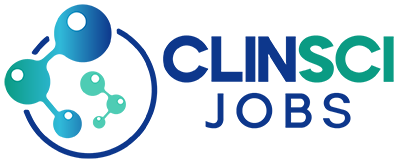Job Description
Job Summary:
- Scientist–Neuroimmunology The Neuroimmunology team is seeking a motivated and technically-skilled individual with strong CNS cell biology skills to join our Cambridge-based team.
- Candidates will be able to work to collaborate with colleagues across diverse functional areas including genetics, chemical biology, immunology and pharmacology.
Duties and Responsibilities:
- Culturing of stable cell lines, primary and iPS-derived microglia to support the study of disease associated functions and phenotypes that will support identification and validation of Client therapeutic targets to treat neurodegenerative diseases.
- The responsibilities of the Neuroimmunology team member include: assist in developing and performing disease-relevant cell-based functional assays and perform high content imaging, biochemical and molecular profiling techniques.
- The successful candidate will be able to communicate data clearly and concisely to the appropriate teams and stakeholders and thrive in a team environment.
Education and Experience:
- BS/BA degree in Biology, Neuroscience, Molecular Biology Bioengineering, Biotechnology or equivalent degree with a at least 2+ year of industry or academia experience.
- Proven experience in image acquisition and strong microscopy skills and strong working knowledge of mouse neuroanatomy.
- Some experience with method optimization, troubleshooting and strong critical thinking skills.
- Experience working immortalized cells lines, primary rodent neurons and glia (e.g. microglia).
- Experience with plate based high content imaging microscopy , live cell imaging.
- Demonstrated experience with quantitative image analysis.
- Experience with cellular signaling and functional studies including phagocytosis and/or cell motility measures.
Knowledge, Skills and Abilities:
- Strong general knowledge of cell culture methods and sterile technique. human iPS-derived CNS cell models including microglia and neurons.
- Understanding of standard cell transfection techniques using lipid-based and electroporation methodology.
- Cell staining methods including Immunofluorescence and cell masks or cell structural staining methods.
- Ability to work independently on data analysis including a practical knowledge of statistics.
- Working understanding of biochemical and molecular biology techniques including protein and RNA extraction, quantitation and detection methods such as western-blot, ELISA and qPCR.
- Strong oral, written and presentation skills with ability to explain concepts clearly in lab and small team settings.

